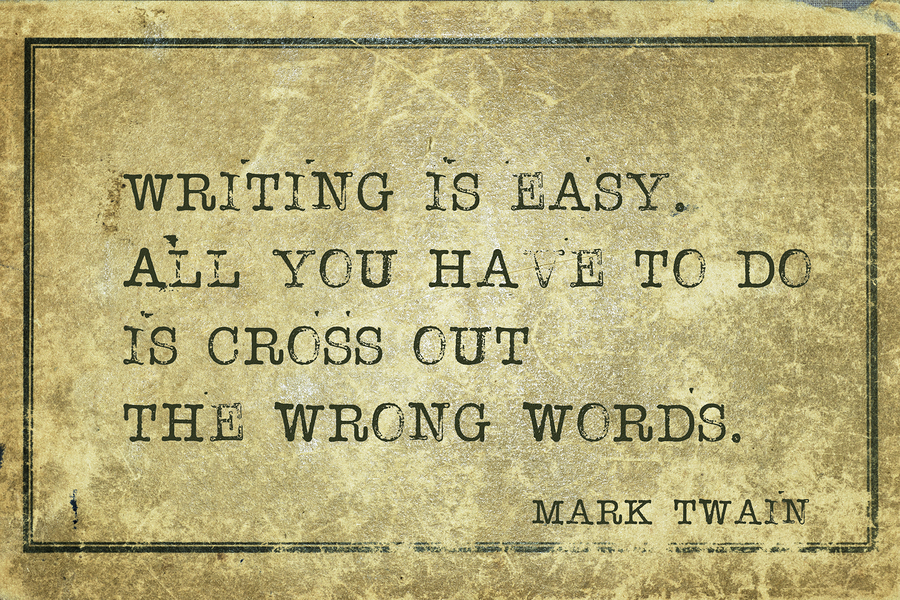I often tell developing writers at conferences that there are two kinds of writers in the world: the “hobbyist” and the “professional.”
Yes, it’s an oversimplification. It’s shorthand. But I think it gets the point across.
Both the hobbyist and the professional may be good writers, even great. Both may often work hard. Both are valuable and worthy of admiration. Both may publish. But there is a key difference between them, a difference that either will profit from recognizing, acknowledging, and considering.
The difference? Hobbyists write whatever they want to write. Professionals write what others want to read.
It sounds elementary, I know. But I think it is a crucial distinction.
Sure, some writers do both. Me, for example. I started writing for my own enjoyment and entertainment, and I still do it, now and then. And there is occasionally some overlap between those two sides of my writing personality. But I don’t expect my “hobbyist” writing to suddenly or magically become publishable material. In fact, in more than thirty-five years of writing for publication, I can recall only a handful of hobbyist pieces that were later published—primarily because the starting points are different for hobbyists and professionals.
The hobbyist gets an idea. That’s often where hobbyist writing starts. “I think I’ll try this.” Or, “Wouldn’t it be fun to–?” Such starting points often lead somewhere interesting and even helpful. But the hobbyist is usually not thinking much further than that. There is no “reader” in his or her mind; there is only the writer. And that’s where the difference lies.
Professional writers have learned to ask themselves questions very early in the process of conceiving and writing something that the hobbyist seldom if ever considers. “Will anyone want to read what I’m about to write? And, if so, why?” “Who is asking this question?” “Is it a need people already feel? And know?” “Are they willing to spend the time or money to meet that need?” “What’s the right angle to take?” “Where is this reader found?” “Can I reach him or her there, or should I take another tack?” To some, such questions are instinctual, but others have learned to ask them through long (and often hard) experience.
For example, a friend once asked me to recommend a book for his fourteen-year-old son who, my friend said, didn’t seem to properly respect women (including his mother and sisters). I drew a blank, so I did a little research. Turns out, I could find no such book in the teen sections of several bookstores. So I thought, Maybe this is an opportunity. Maybe I should write that book. And then I hit a wall, called Reality. As I sat down to sketch out the book, I realized, no fourteen-year-old boys I knew would read a book about “respecting women,” even if Mom or Dad bought it for them. It’s not a felt need for them. So I never wrote that book. On the other hand, a book about “why are females so weird” and “how can I get them to notice me” could possibly touch on the issue of respect while meeting the boy’s felt need. But I also knew that figuring out the feminine psyche was too mystical and complex for a writer of my limited abilities, so I never wrote that book, either.
I say all that simply to try to illustrate how hobbyists and professionals approach the writing life differently. The hobbyist knows that writing is fun, therapeutic, and sometimes even helpful to others—even those outside the family. The professional, however, knows that every reader wants to know “what’s in it for me?” If I don’t answer that question early and convincingly, I may still write something magnificent, but it probably won’t get published.











